It’s no secret that outdoor activities can be enhanced by music. Some tunes can really set the mood whether you’re barbecuing, swimming, or just hanging out in the backyard. But what happens when your speaker starts to fail in the middle of your party? Or worse – starts to leak and get everything wet? In this article, we’ll teach you how to waterproof speakers so that you never have to worry about them again!
The Construction of the Speakers
The best way to waterproof your speakers is first to understand how they work. Most speakers consist of a cone-shaped diaphragm that is attached to a coil of wire. When an electrical current flows through the wire, it creates a magnetic field. This field interacts with the permanent magnets in the speaker housing, causing the diaphragm to move back and forth, producing sound waves. To waterproof your speakers, you will need to protect these components from water damage. [1]
When Will You Need to Waterproof Your Speakers?
There are a few instances when you will need to waterproof your speakers. If you are using them in an outdoor environment, they will be exposed to the elements and will need to be protected from rain, snow, and dirt. You may also want to waterproof your speakers if you are using them in a humid environment, like the kitchen.
If you are using your speakers outdoors, it is important to choose a speaker that is resistant to water. There are a few different types of water resistance that you can look for when purchasing speakers. But how to waterproof your existing speakers? We will get to that in a section below! [2], [3]
Ways to Waterproof Speakers
There are a few ways to waterproof your speakers. Let’s look at some of the most common ones!
Buy a protective case
If you are using your speakers outdoors, you can buy a protective case to keep them dry. There are a few different types of cases available, but they all work in the same way: they protect the speakers from water and dirt.
If you decide to go with a protective case, you should consider the size and weight of the speaker and the conditions you will use it in. If you plan on using your speakers in a wet environment, you will need to buy a case that is waterproof.
One downside of using a case is that it may restrict the sound quality of the speaker. If you are looking for high-quality sound, you may want to consider other methods of waterproofing your speakers. [2], [3]
Coat them in high-gloss polymer
If you are not using your speakers outdoors, you can coat them in a high-gloss polymer to protect them from water damage. This is a quick and easy way to waterproof your speakers, and it does not restrict the sound quality. Plus gives them a shine.
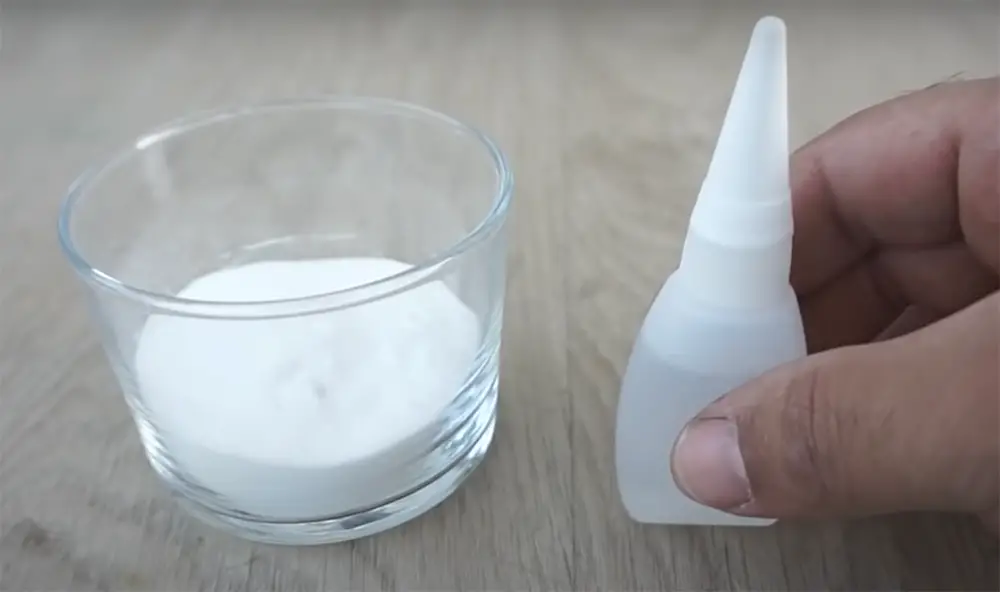
Keep in mind that the coating is not permanent and it will eventually wear off. You will need to reapply the coating every few months to keep your speakers protected. And applying the polymer might be difficult and time consuming.
When choosing a polymer, you should consider the type of environment you will be using your speakers in. If you plan on using them in a wet environment, you will need to use a polymer that is waterproof. [2], [3]
Guide on How to Safely Apply the Coating
If you decide to coat your speakers in a high-gloss polymer, following the manufacturer’s instructions is important. Improper application can cause damage to the speaker. Here are a few tips on how to safely apply the coating.
For the start, make sure the surface is clean and free of dust and dirt and prepare the workplace.
The next step is removing the grill that covers the cone. This is usually a task for an adult. If you are not sure how to remove the grill, consult the speaker’s instruction manual.
Once the grill is removed, shake the polymer well and apply it to the cone. Be sure to apply the sealant evenly to the entire exterior of the speaker, cone included. Double check if you have enough coating to completely cover the surface and apply it in a thin, even layer.
Now, reattach the grill and enjoy the sound!
If you follow these tips, you will be able to safely apply the coating and protect your speakers from water damage. [2], [3]
Does Waterproofing Speakers Change Their Sound?
The short answer is no. Waterproofing your speakers will not change their sound quality. The only thing that will happen is that they will be protected against water damage. So if you’re looking for a way to keep your music sounding great outdoors, waterproofing your speakers is the way to go!
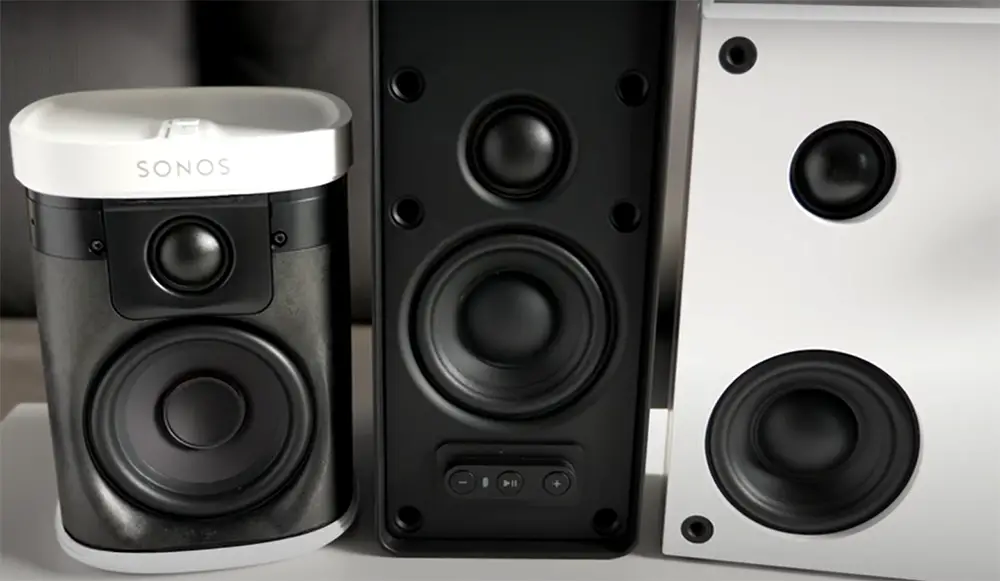
If you are planning on using your speakers near a pool or in any other area where they may come into contact with moisture, it is definitely worth taking the time to waterproof them. Not only will this protect them from damage, but it can also extend their lifespan. And who doesn’t want that?
How to Protect the Wires and Drivers From the Water Damage?
One of the main things to keep in mind when waterproofing your speakers is to protect the wires and drivers from water damage. This can be done by using a waterproof coating.
You can protect your wiring either before coating the exterior of speakers or after. For this job, polyurethane foam spray can be used. It is important to make sure that the foam covers all the wiring and that there are no gaps. This will help keep water from seeping in and damaging your equipment.
Depending on where you live and the conditions you are using your speakers in, you may need to reapply the waterproofing coating at some point. Be sure to keep an eye on your speakers, and if you see any signs of water damage, take action right away. [2], [3]
Check more related posts:
- Best Waterproof Bluetooth Speakers
- Best Floating Waterproof Bluetooth Speakers
- How to Make a Waterproof Cooler Radio?
FAQ
How can I make my speakers waterproof?
The easiest way to do this would be to apply a polymer sealant to all the exterior of your speakers. You can either purchase a sealant specifically designed for this purpose, or you could use a general-purpose sealant like silicone caulk. Be sure to apply the sealant liberally and evenly, making sure to get into all the nooks and crannies. Once it’s dry, your speakers should be fully waterproof.
Or you could also purchase a speaker that is already water resistant!
How do you waterproof a subwoofer?
There are a few ways to waterproof a subwoofer. One is a watertight bag or case. If you choose this option, be sure to select a bag or case that is specifically designed for electronics. For the other method, you can coat your subwoofer in waterproof sealant. This will provide the best protection against moisture and humidity.
Useful Video: DS18 PRESENTS THE D.I.Y. WAY TO WATER PROOFING YOUR SPEAKER !
Conclusion
So, if you’re looking for a way to take your tunes outside this summer, remember to waterproof your speakers. You can apply a polymer coating to the surface of your speaker or purchase a special case designed to keep moisture out. Just be sure to reapply the coating after using your speakers near the pool or beach. Have fun and rock on!
References:
- https://www.electronicsforu.com/technology-trends/learn-electronics/speaker-construction-producing-sound
- https://www.techwalla.com/articles/how-to-weatherproof-speakers
- https://itstillworks.com/wire-speaker-box-2433.html

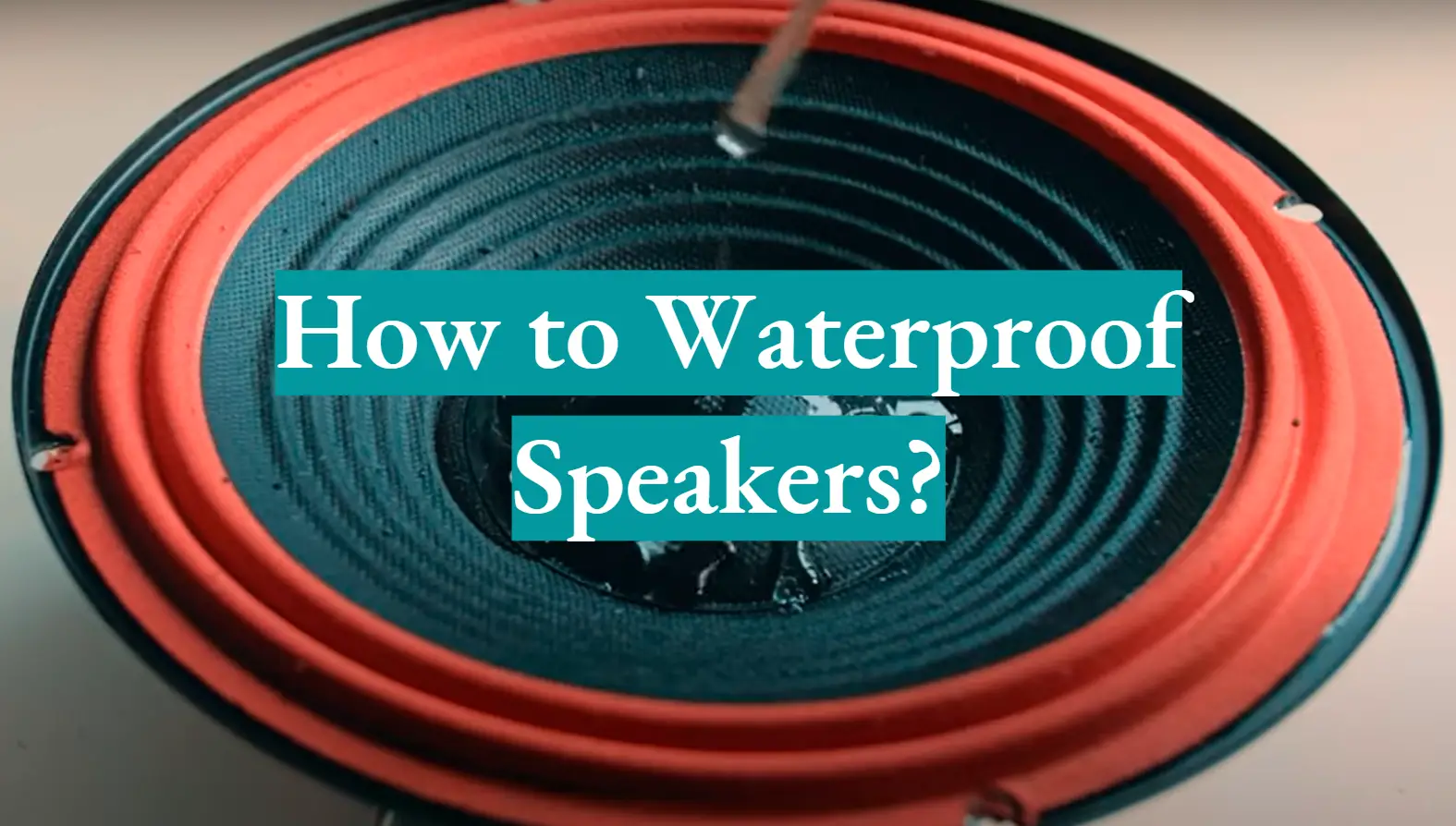


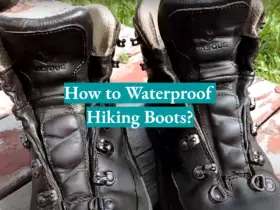

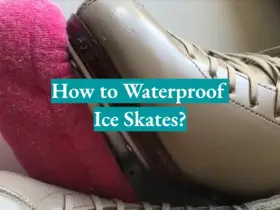
Leave a Reply